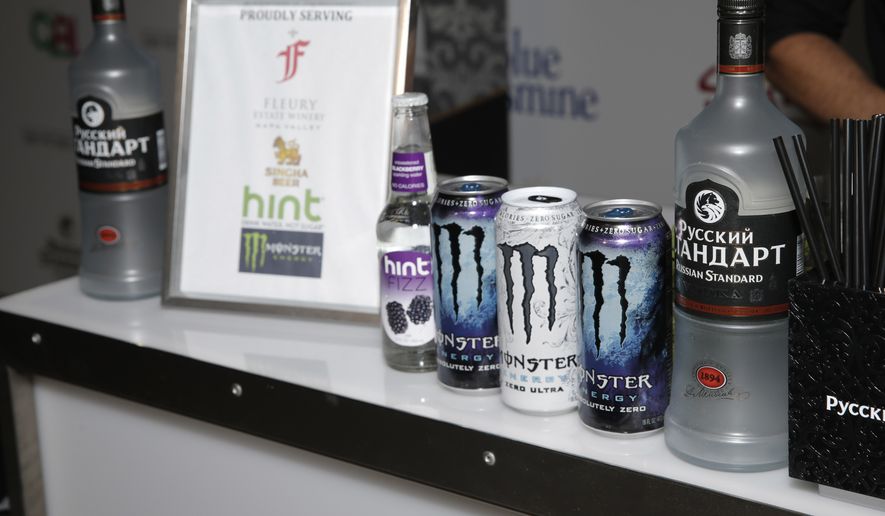Monster Beverage has asked a federal appeals court to keep city officials in San Francisco from challenging the caffeine content of the company’s energy drinks.
Although a U.S. District Court judge ruled in 2013 that a case brought against the drink maker by San Francisco City Attorney Dennis Herrera should be argued in state court, Monster attorneys told the Ninth Circuit Wednesday the suit should be resolved federally, Courthouse News reported.
Mr. Herrera had threatened to investigate Monster as early as 2012, insisting the company “reformulate its products to safe caffeine levels, provide adequate warning labels and cease promoting over-consumption.” Before he could take legal action, however, Monster filed a suit of its own in an effort to preemptively halt the city attorney’s probe.
“Defendant’s attempt to arrogate to himself the power to determine the content and labeling of plaintiff’s energy drinks and to usurp [the Food and Drug Administration’s] regulatory authority is contrary to well-settled principles of federal preemption and primary jurisdiction,” Monster argued in a April 2013 federal court filing.
Despite U.S. District Judge Virginia Phillips’ decision that year to send the case to state court, Monster’s attorneys argued Wednesday the matter is purely federal.
“There is a comprehensive set of food safety statutes and regulations. One of those is the Nutrition Labeling and Enforcement Act, which talks about what shows up on a can,” Monster attorney Dan Marmalefsky said, according to Courthouse News. “But beyond that, Congress has entrusted and authorized the FDA and the FDA alone to police whether or not a product is generally recognized as safe.
“You can search every case book: You will not find any reported decision where a court is adjudicating the safety of an ingredient in a food product where the plaintiff is not the United States of America,” Mr. Marmalefsky argued. “The city attorney does not have the right to bring that claim.”
According to Deputy City Attorney Tara Steeley, Judge Phillips previously made it clear that the Younger doctrine established in 1971 suggests the state court should handle the issue first before its elevated federally.
“That’s what’s really at stake here: Who gets to hear this case? Who gets to decide? Under Younger and under the AIA, it’s the state court that gets to decide,” said Ms. Steely, referring to the Anti-Injunction Act that prevents federal courts from intervening in state issues.
Established in 2002, Monster has regularly been targeted by lawsuits concerning its products’ caffeine content, and was sued in February by five individuals who allege their long-term consumption of the company’s drinks caused irreversible and near-fatal health problems, including heart attacks, stroke and renal failure, the Daily Beast reported.
According to Courthouse News, Ms. Steeley told the Ninth Circuit that Monster could potentially face claims like the one brought by San Francisco in all 50 states.
• Andrew Blake can be reached at ablake@washingtontimes.com.




Please read our comment policy before commenting.